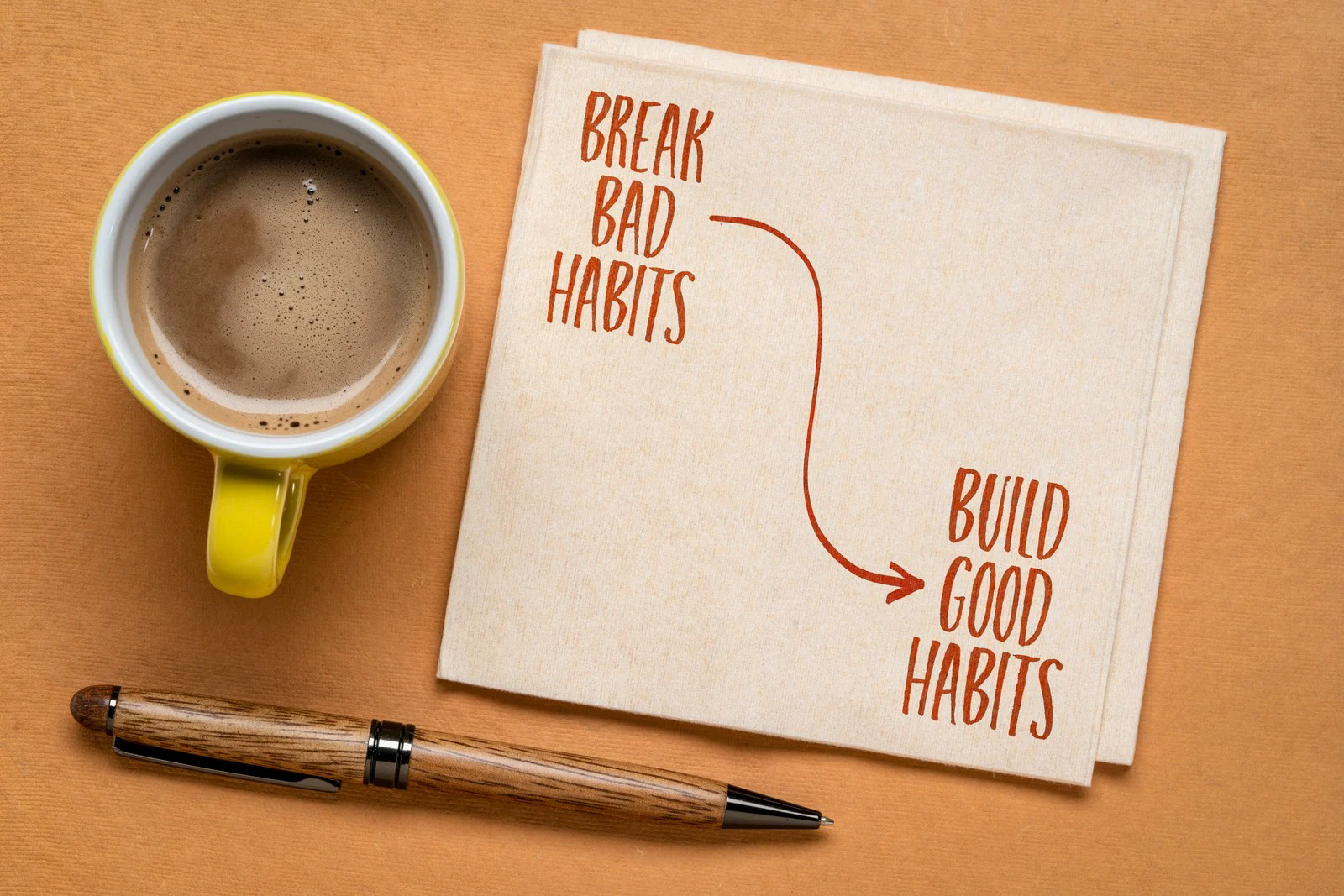7 ways to break your habits and form new ones
Habits are like well-worn loops in our brains. At best, they help us move through the day without having to think too hard - brushing our teeth, tying our shoes, switching the kettle on in the morning. But other times, habits creep in quietly, becoming automatic even when they no longer serve us.
If you’re struggling with breaking bad habits or forming new habits, it can be helpful to explore them with a counsellor or a therapist. Therapy can offer a space to slow down and gently look at what’s happening beneath the surface - not just the habit itself, but the emotional, unconscious and practical layers that support or block change. As a therapist in Aberdeen, my approach to behaviour change is likely to go with you to the psychological space you occupy that influences your capacity to change.
If change were an elevator and Level 2 was where we take action and commit, then in therapy, we often start at Level 1 - understanding the floor plan. What holds the elevator up? What’s wired into your foundations? It’s here that long-lasting change becomes possible…
Why are habits so difficult to change?
Our brains didn’t evolve in today’s world of constant notifications, processed foods and 24/7 availability. They’re designed to keep us safe and make life more efficient - not to filter out what’s truly helpful or harmful. So a habit, even an unhealthy one, gets reinforced simply because we’ve repeated it.
This is where our values, life experience and motivation come in. These are the deeper parts of us that can help decide: Is this habit in line with who I want to be?
Let’s now look at seven gentle, practical ways to support habit change, drawn from therapeutic work and behavioural psychology.
1. Tell the story of your habit
Often the first step is simply putting your experience into words. What’s the habit? When did it start? How does it make you feel? What would be different if this habit changed?
If you're forming new habits or trying to break bad habits, naming what’s going on gives us a starting point. It also reminds us that you’ve already done something courageous by paying attention.
In therapy, we can explore how this habit has become part of your day-to-day life and what it might be protecting or providing. It's not about blame - it's about understanding.
2. Uncover the unconscious blocks to change
Sometimes habits are more than just habits. They’re coping strategies. They can come from past experiences, unconscious beliefs, or internalised expectations.
In counselling, I’ll often gently invite clients to explore the unconscious factors that may be making change difficult.
Bringing awareness to deeper layers of underlying behaviour helps loosen the grip the habit might have on you. And in that space, new possibilities begin to emerge.
3. Reframe the way you speak to yourself
What do you say to yourself about this habit?
“I should have broken this by now.”
“I always fail at this stuff.”
“I’m lazy”
“I just don’t have the discipline"
We all have inner voices, some helpful, some less so. In therapy, we can explore those voices with curiosity, not criticism. When we change how we speak to ourselves, we often find more energy and motivation to change our habits too.
4. Experiment with tools that work for you.
There are lots of evidence-based strategies for behaviour change. Maybe you’ve heard of habit stacking, reward systems or tracking apps. These can all be helpful but only if they work for you.
In therapy, we can experiment with different tools and approaches and adapt them to fit your lifestyle, strengths and values. You don’t have to use every method, just the ones that feel doable and kind for you.
5. Understand the science of habits
It can be empowering to understand the science behind your habits. Our brains are wired to make repeated behaviour automatic but they don’t distinguish between what’s “good” or “bad.” That’s up to you.
When you repeat something often enough, it gets encoded in your neural networks. Breaking bad habits means disrupting that loop. Forming new habits means consciously choosing something different - again and again - until it becomes familiar.
It takes effort. But it’s not about perfection. It’s about progress.
6. Start small and set yourself up for success
A powerful way to start a new habit, or disrupt an old one, is to begin small. Really small. Too often we aim too high, too soon and get overwhelmed or discouraged. Therapy can help you identify your realistic starting point. A concept I love to use here is the Tunnel Concept, described by Kelly Starrett:
“You have to start a movement (enter the tunnel) in a good position in order to finish the movement (exit the tunnel) in a good position.”
If we apply that to habits, it means starting where you are - not where you wish you were. Accepting your current reality. Finding a step that’s achievable and repeating it gently until it feels natural. It could be: Stretching for five minutes in the morning, drinking a glass of water before coffee or noticing your internal voice when a craving arises
These small, intentional but natural actions can become powerful building blocks for change.
7. Plan ahead to sustain long-term change
Changing a habit is one thing. Maintaining it is another.
Change doesn’t happen in a vacuum. Your environment, time of day, energy levels and even who you're with can all influence your ability to stick with a new habit.
For example, if I go food shopping hungry, I’m more likely to buy foods that don’t align with my long-term health goals. Knowing that, I eat beforehand, hydrate and bring a list. That way, I’m not relying on willpower alone, which can be unreliable.
Planning for vulnerable moments isn’t about expecting failure. It’s about setting yourself up for success.
Final thoughts
If you’re forming new habits or trying to let go of old ones, be gentle with yourself.
You are not lazy, broken or bad. We are all only human with a brain doing its best to keep you safe and familiar. When we bring kindness, structure and support into the mix, we can change - even the habits that feel deeply rooted.
Therapy in Aberdeen
If you’re wrestling with changing habits, whether it’s around lifestyle, substance use, or work, it can help to speak with someone. As a counsellor in Aberdeen, I offer a warm and grounded space to reflect, grow and shift your relationship with your habits.
Your change doesn’t have to be perfect. It just needs to begin. If you’re ready to take the first step, I’m here…
Start your journey
Book an initial consultation with Anni today



